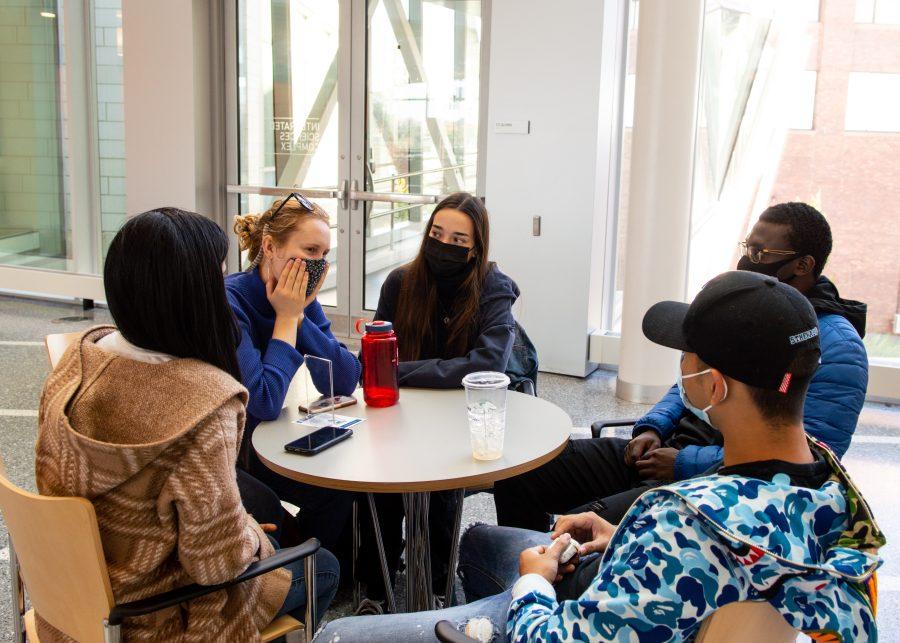Roughly 20 states in the U.S. offer tuition-free courses and programs that range from two to four years of study. According to recent data from the U.S. News, the average student loan debt for recent college grads is roughly $30,000. As many of us may already be aware, the trend for student loan debt has been steadily increasing over the past years.
From my point of view, it’s still worth it to pursue higher education and get a college degree. University may be an expensive investment for some, as it includes food, housing, books, technology and tuition costs. It can get extremely stressful for students trying to earn and save money for college tuition who don’t have any support from their families. Each year, millions of students take gap years. Being a full-time student and balancing a full-time job can negatively affect students’ grades and mental health. If tuition is free, students can focus more on getting a good education instead of working, which would relieve the burden. Education should be free for everyone, which would allow students to be more qualified, get better jobs and live a better life. Just as high school is free, university education should be free as well. Everyone should have an equal chance at becoming successful and obtaining a degree in higher education.
While some choose to go to public universities for more affordable tuition and scholarship options, others choose not to attend university due to high tuition costs. With COVID-19, the enrollment rates in most colleges have decreased even more in the past year. Without financial aid, it’s likely that many of the students attending colleges wouldn’t have been able to attend. A lot more students would enroll in university if it was tuition-free. It is likely that there would be a higher graduation rate and higher outcomes for college grads if tuition was free. Furthermore, chances are that there would be an increase in retention rates, which indicate how well students are performing in the university. I strongly believe these retention rates are a mirror of the university’s advising center and of their students. In truth, it could be that the university is not using the correct approach to help its students become successful. From the various approaches that universities develop, one of these may be high tuition fees.
By making universities tuition-free, we’re increasing the accessibility of education. If universities go tuition-free, the unemployment rates would decrease. And, more qualified individuals would join the workforce. Students will spend more time investing their money and buying things like new cars, houses and businesses rather than paying back their student loans. As a result of tuition-free universities, the U.S. would have a better economy in the long run. In reality, if students are drowning in student loan debt, they are less likely to support their children in their decision of going to college. Our students will live a better life and give their children a better life. They can save the money that they earn by working after graduating. Truthfully, tuition-free college would make such a great impact on students and set them up for success. Students would likely perform better if they aren’t working full-time and would have more time to study. Ultimately, a higher enrollment rate in university means higher chances for success. So, what do you say? Should universities go tuition-free? For me, it’s a big yes.


